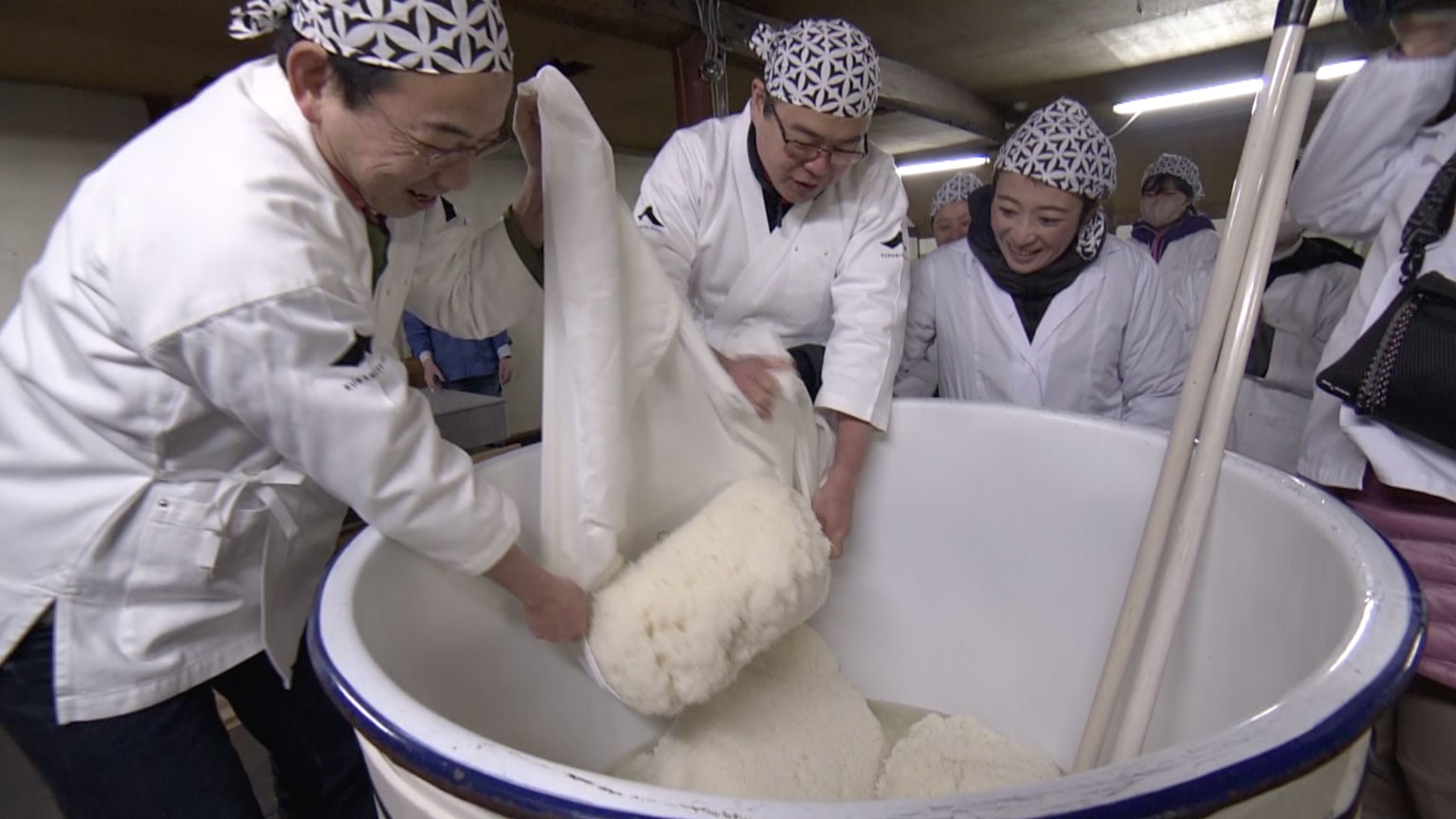In the city of Saku in the central prefecture of Nagano, visitors can participate in sake brewing during a two-night stay. Guest accommodation is in a 300-year-old facility that has been renovated and fitted with modern conveniences.
Such is the popularity of the course that there's a waiting list to get in. The chief brewer guides participants through the sake-making process step by step, with samples of the finished product later sent to those who took part.
It's a paradise for sake-lovers as it boasts an all-you-can-drink mini-bar. Guests can sample sake from all 13 breweries in the area.
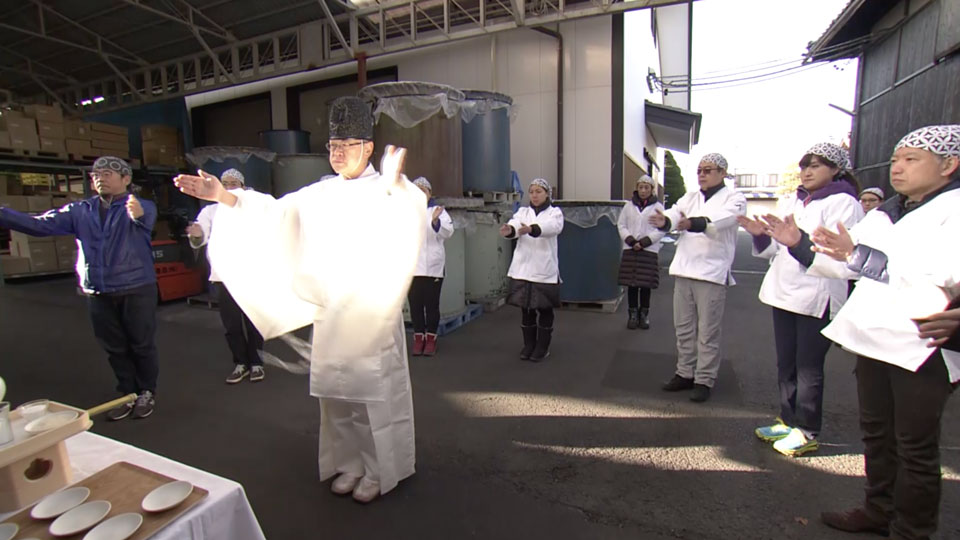
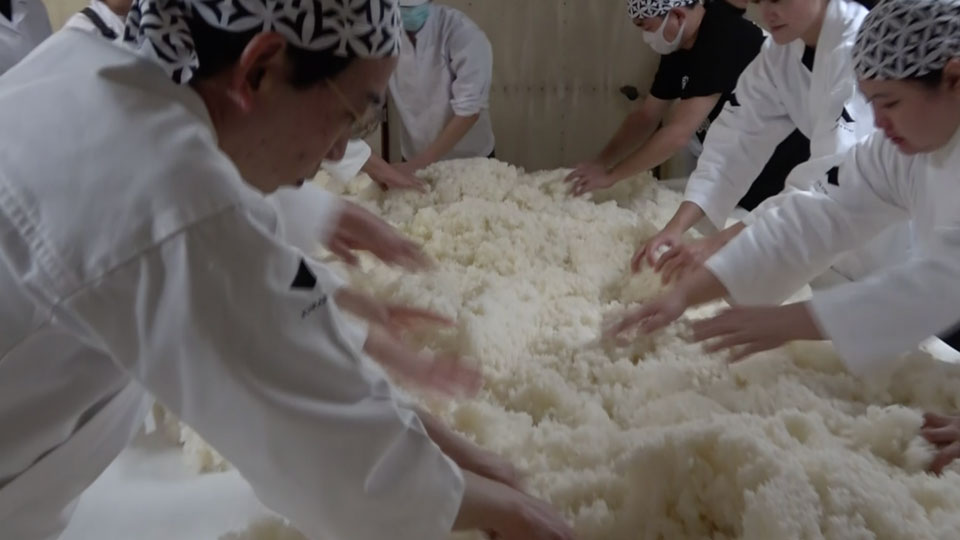
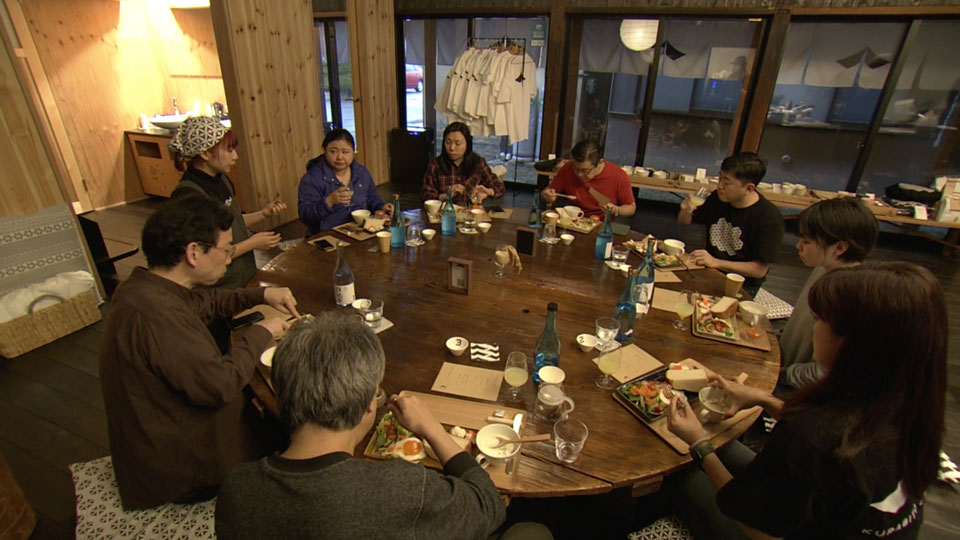
The program was created by Tazawa Marika, who used to work for a major travel agency based in Tokyo. She was shocked when she saw many businesses in her hometown close down, mainly because of depopulation. She decided to use her tourism experience to revitalize the area. She had visited more than 100 tourist destinations as a guide and learned what really works for travelers. She decided to create the brewery-stay program based on this experience.
"Because I'm from this area, I didn't want to rely on a travel agency," Tazawa says. "Creating great content and managing it ourselves and adding value to what is already really good creates a sustainable model of tourism for the region."
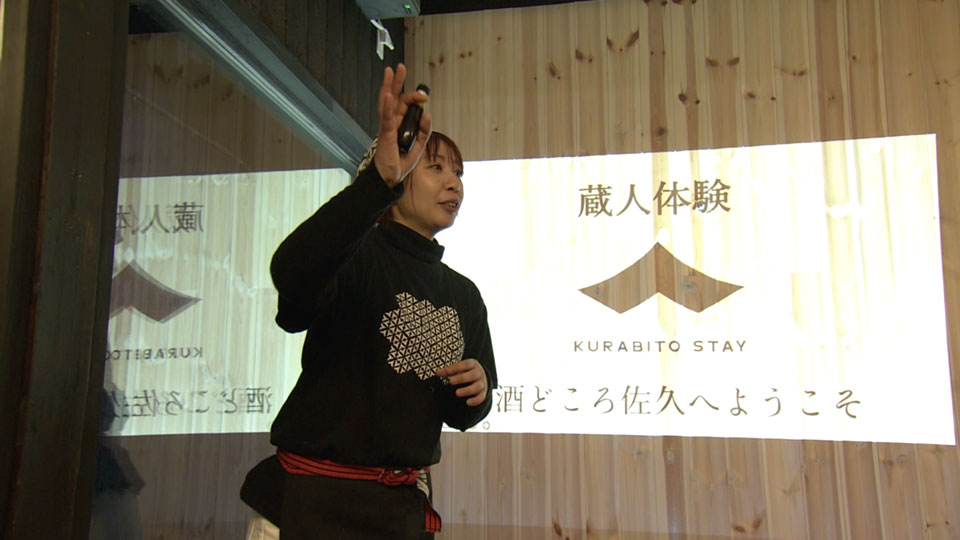
Encouraging local exploration
Tazawa's aim of sustainability means that the accommodation offers only one meal a day: breakfast.
Guests are given an English-language map of the area that shows restaurants and other features. They're encouraged to go out for lunch and dinner and meet local people. Hoping to welcome overseas customers, local restaurants are developing new menu items, including vegan options. Owners of the restaurants say they see more foreign customers than before.
On the last day of their stay, participants receive a certificate showing that they have completed the sake-brewing experience.
One participant from the Philippines explained that there is a lot of hard work involved. He said this made the sake taste that much better and described the whole thing as very enriching and worthwhile, adding that he thought it was very memorable.
The brewery-stay has been granted support from the Japan Tourism Agency, which sees it as a good example of the kind of program needed to get the tourism sector up and running again.
For her part, Tazawa has her sights set on revitalizing the whole region with a variety of creative tourist experiences with an emphasis on sustainability.
These include a planned three-day cycling experience that will be designed to help visitors get to know the area that gives life to the sake through its rice. The concept is similar to the idea of learning about how the environment in which wine grapes are grown, terroir in French, affects the taste of the wine itself.
She wants guests to get a sense of the community from which the age-old brewing tradition springs, beginning with the cultivation of sake's most important ingredient: rice. She believes this will not only provide a valuable experience for visitors but will also give locals a new sense of vitality and appreciation for the value of their unique locality.
"Since accommodation is provided, visitors can stay here for an extended period," Tazawa points out. "The brewing experience helps to provide a sense of immersion and we hope they will pay return visits and recommend Saku to friends and family back home."
